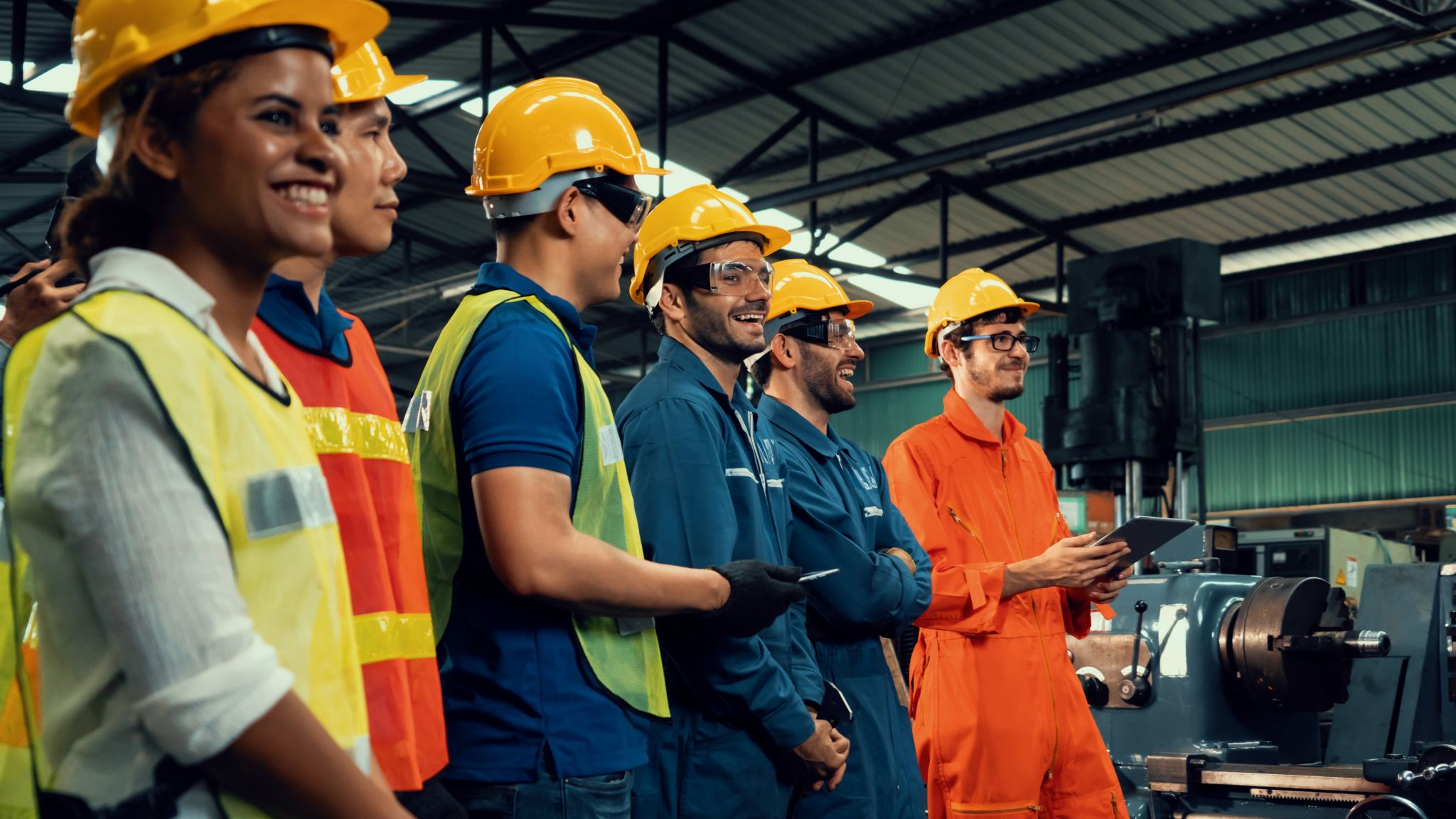Top 5 Road Construction Trends Impacting Fiji's Infrastructure
KT
Introduction to Road Construction Trends in Fiji
Fiji is experiencing a surge in infrastructure development, and road construction is at the forefront of this transformation. As the nation focuses on improving connectivity and accessibility, various trends are shaping the future of its road networks. These trends are not only enhancing efficiency but also promoting sustainability and resilience in construction practices.
1. Adoption of Sustainable Practices
One of the most significant trends in Fiji's road construction is the emphasis on sustainability. With global attention on reducing carbon footprints, road construction projects in Fiji are increasingly focusing on eco-friendly materials and methods. The use of recycled materials, such as crushed concrete and asphalt, is gaining popularity, reducing waste and conserving natural resources.

Moreover, construction companies are incorporating green technologies, such as solar-powered lighting and energy-efficient machinery, to minimize environmental impact. By embracing these sustainable practices, Fiji is paving the way for a greener future.
2. Implementation of Advanced Technologies
The integration of advanced technologies is revolutionizing road construction in Fiji. From the use of drones for surveying to 3D modeling for precise planning, technology is enhancing efficiency and accuracy in construction projects. Drones provide aerial views and real-time data, allowing engineers to make informed decisions quickly.
Additionally, Building Information Modeling (BIM) is being utilized to create detailed digital representations of road projects. This technology facilitates better collaboration among stakeholders and helps identify potential issues before they arise, ensuring smoother project execution.
3. Focus on Climate Resilience
Fiji is prone to extreme weather conditions, making climate resilience a crucial factor in road construction. Recent projects are prioritizing the development of roads that can withstand severe weather events, such as cyclones and heavy rainfall. This involves designing roads with improved drainage systems and utilizing materials that resist erosion and flooding.

The government's commitment to climate-resilient infrastructure is evident in policies that encourage the adoption of innovative construction techniques. By focusing on resilience, Fiji aims to protect its investments and ensure uninterrupted connectivity in the face of climate challenges.
4. Emphasis on Community Engagement
Community engagement is becoming increasingly important in Fiji's road construction projects. Involving local communities in the planning and execution phases ensures that their needs and concerns are addressed. This participatory approach fosters positive relationships between developers and residents, leading to projects that benefit all stakeholders.
By engaging with communities, construction companies can gather valuable insights into local conditions and preferences, leading to more responsive and effective infrastructure solutions.
5. Investment in Workforce Development
To support these advancements, there is a growing emphasis on workforce development in Fiji's road construction sector. Training programs are being implemented to equip workers with the skills needed for modern construction practices. This includes training in new technologies, sustainable methods, and safety protocols.

By investing in workforce development, Fiji is ensuring that its labor force can meet the demands of evolving infrastructure projects while fostering economic growth and job creation.
Conclusion
As Fiji continues to enhance its infrastructure, these top road construction trends are playing a pivotal role in shaping a modern and resilient transportation network. By focusing on sustainability, technology, climate resilience, community engagement, and workforce development, Fiji is not only improving its roads but also contributing to a brighter future for its citizens.
